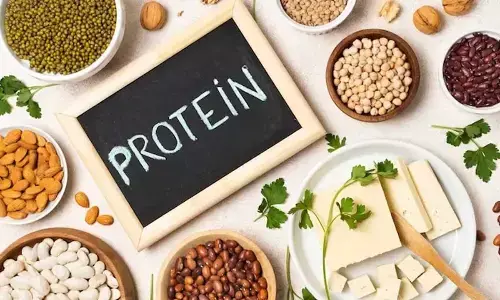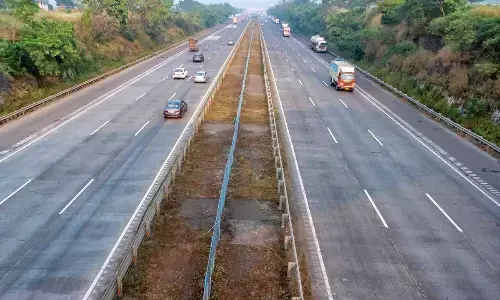Evidence shows we can prevent obesity in children

Evidence Shows We Can Prevent Obesity in Children. Researchers have demonstrated that childhood obesity prevention programmes have a positive health impact on body mass index (BMI - a measure of body fat based upon height and weight).
Researchers have demonstrated that childhood obesity prevention programmes have a positive health impact on body mass index (BMI - a measure of body fat based upon height and weight). So policies and practices should take this evidence into consideration to nip alarming rates of childhood obesity. Professor Elizabeth Waters, Jack Brockhoff Chair of Public Health in University of Melbourne, did this game-changing systematic review on childhood obesity prevention with her colleagues, which is the most downloaded review in The Cochrane Library. Prof Waters was also awarded the prestigious Anne Anderson Award for 2014 at 22nd Cochrane Colloquium in Hyderabad, India.
She said: "We had found strong evidence to support beneficial effects of child obesity prevention programmes on body mass index (BMI), particularly of programmes targeted towards children aged 6-12 years. However, given the unexplained heterogeneity and the likelihood of small study bias, these findings must be interpreted cautiously. A broad range of programme components were used in these studies and whilst it is not possible to distinguish which of these components contributed most to the beneficial effects observed, our synthesis indicates the following to be promising policies and strategies:
- school curriculum that includes healthy eating, physical activity and body image
- increased sessions for physical activity and the development of fundamental movement skills throughout the school week
- improvements in nutritional quality of the food supply in schools
- environments and cultural practices that support children eating healthier foods and being active throughout each day
- support for teachers and other staff to implement health promotion strategies and activities (e.g. professional development, capacity building activities)
- parent support and home activities that encourage children to be more active, eat more nutritious foods and spend less time in screen based activities."
Prof Waters is also the Coordinating Editor at Cochrane Public Health Review Group.
Prof Waters added: "Childhood obesity prevention research must now move towards identifying how effective intervention components can be embedded within health, education and care systems and achieve long term sustainable impacts."
She further said to Citizen News Service (CNS): "It is becoming hard to remain healthy as employment often is very sedentary. So we have stopped for a little while to reassess policy needs and where the gaps are, and to re-embark on a process of better identifying the evidence from other interventions. It is my apprehension at the moment that we need to make sure that we are not perpetuating a focus on downstream interventions and make sure we have got some evidence for upstream interventions. So we need to stop someone from 'falling in the stream' rather than 'pulling out someone who has fallen into the stream'."
"We know there is a strong association between anxiety, depression and processed food. So if we make it easier for them to have healthier food then we are likely to have a range of spin-offs for benefit of public health" said Prof Waters.
DOES STRESS IMPACT DECISION-MAKING?
Stress, anger, depression and an array of mental health needs brew when human crises strikes. Not just the populations affected by these crises are dealing with mental health issues but also those who do relief and aid work. Many-a-times it is the very people who are directly affected by humanitarian crises who lead the relief and aid work too.
"We need to understand and find answers to what does it mean for decision making when you are under stress. We are exploring this area and trying to bring together all the evidence in this regard. After the Victorian bush fires there was a great willingness in the University of Melbourne to help. There was a need expressed by organizations such as Red Cross and other social organizations for building a stronger evidence-base on what might work and what might not in such crisis situations. So we embarked upon a big study called Beyond Bush Fires which was to try to understand the resilience, recovery and rebuilding and so it was a longitudinal, epidemiological study. We had a social network study to better understand who were the individuals and organizations that helped or hindered in terms of recovery and rebuilding."
Prof Waters added: "Also every two years we are trying to understand the community perspectives from children and families, on what was important for them, what they feel was lost, what has been rebuilt, what has helped them. So the strength of this study has been to better understand prevalence data but then also trying to do some modelling around anger, bereavement and grief. We were very aware that post-trauma stress disorder (PTSD) was affecting people who were affected by the fires but also most of the service personnel were also drawn from the community so they were the affected ones too. There have been some publications that are submitted for publication that tease out the relationship between PTSD, anger, repeated stressful exposures, - exposures to the fires and pathways from exposure to the fires and PTSD, and contribution that anger plays on that pathway which differs for men and women."










